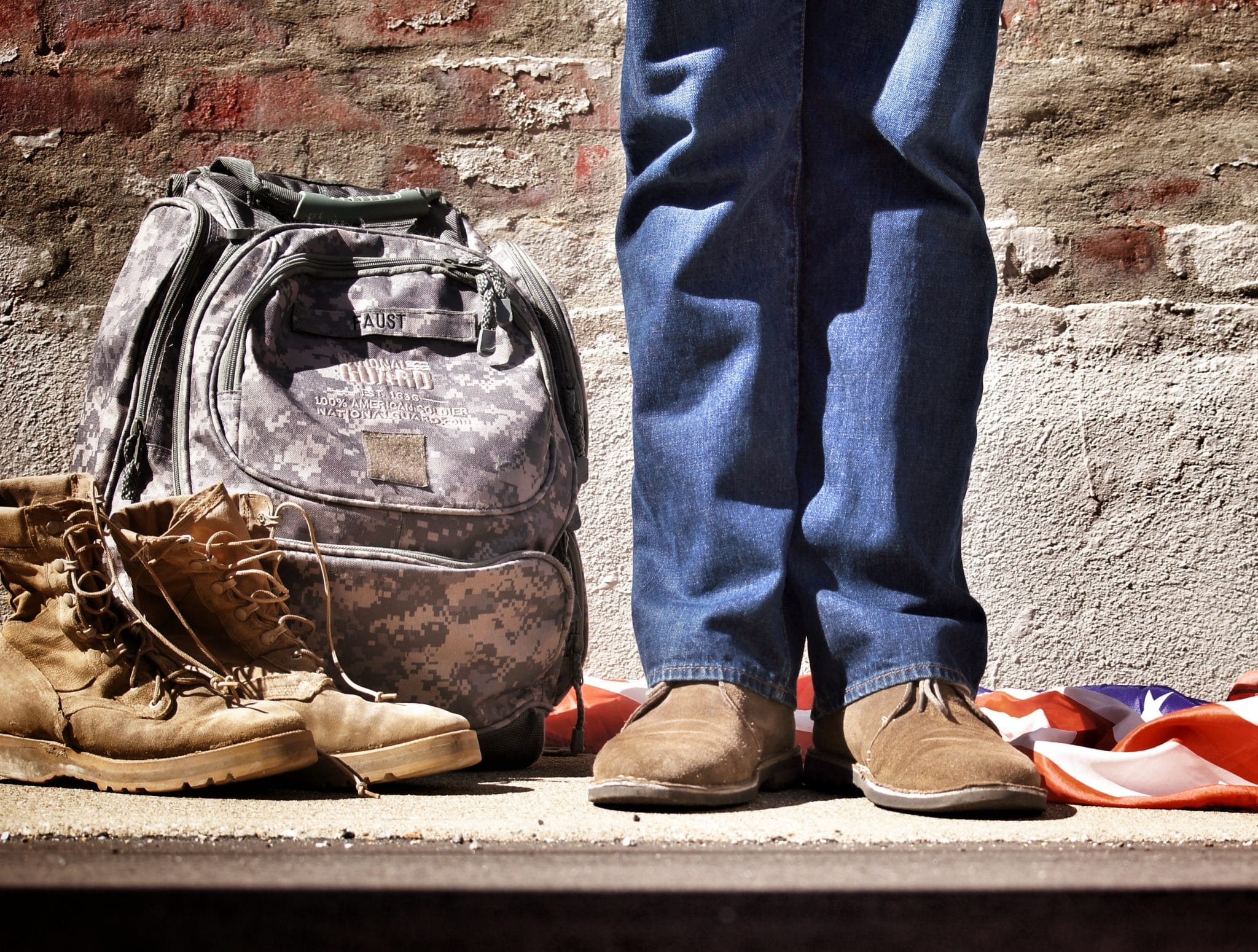After returning home from active duty, veterans are at a pivotal point in their lives: they must decide what to do next. For many veterans, going back to school is the optimal choice. After several years of duty, transitioning to a different lifestyle and choosing a different goal might seem like a daunting task, but the military teaches service men and women many skills that are an asset in several fields. Moreover, the GI Bill will pay for specialized education to ease the transition into a new career.
Military Skills in Real Life
Men and women who serve in the military learn leadership, communication, and planning skills. They also have an ability to be clear-headed under pressure, have an ability to work in a team, can conform to rules and structure, and they often receive specialized training. This training lays the groundwork for many career paths outside of the military that are easily applied to civilian life. These can be a great asset to any serviceman or woman in everyday life.
Nursing
Nursing is a smart choice for many veterans because most military personnel learn basic medical care, especially if they were combat medics. Moreover, nursing is a career path that allows veterans to continue to be of service to others. It’s also an ideal path for many veterans because there is currently a need for trained nurses and there are multiple education options for achieving this career goal. Associate and bachelor-level degrees are available, so a veteran can choose how long he or she wants to attend school before entering the workforce.
Civil Engineering
For many veterans who are mathematically and scientifically-inclined, civil engineering is an ideal choice. Civil engineers design infrastructure including roads, bridges, and buildings. It is possible to become a civil engineer with only a bachelor’s degree, but a master’s degree in civil engineering will give an edge over bachelor-degree holders and will also provide more specialized training. Moreover, the civil engineering field is expected to grow at a steady rate.
Criminal Justice
Like nursing, criminal justice gives veterans the opportunity to continue to serve others and connect with a community. Criminal justice programs tend to be heavy on social sciences including sociology and psychology. There are several different programs that a person can enter into including associate and bachelor-level programs.
Information Technology
The military uses advanced information technology systems, and military personnel that work in this field in the military are often poised for careers in cyber security or information technology management. A veteran can choose to obtain an associate, bachelor, master, or doctorate-level degree, so there are many options for a veteran, depending on his or her current education level.
Serving in the military gives veterans many skills that are an asset for employers. While it might seem intimidating at first, veterans who do some research on career options and programs are actually well-poised to successfully make the transition from active duty to the civilian workforce.



